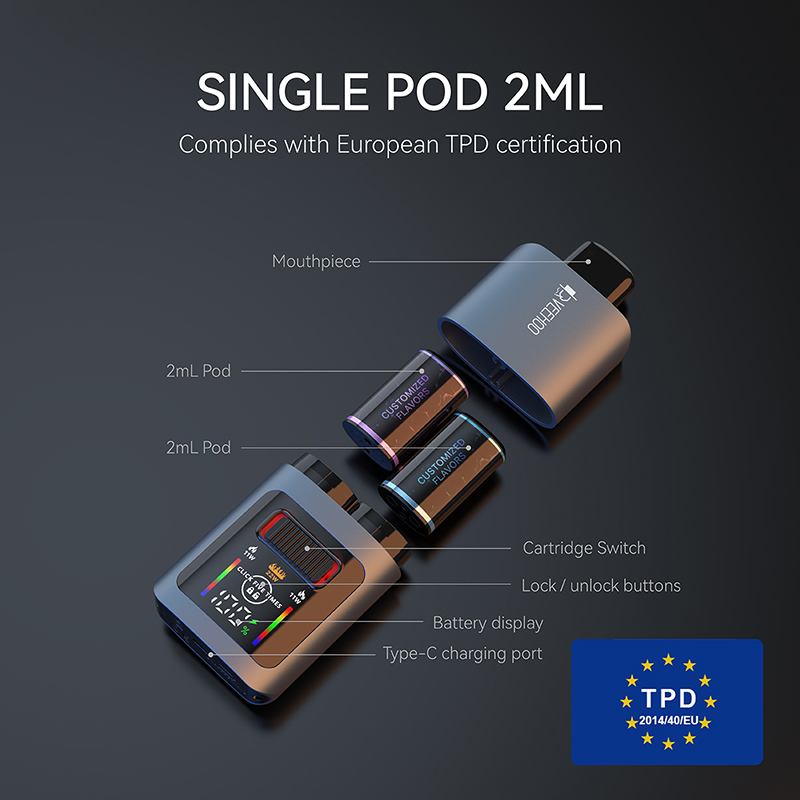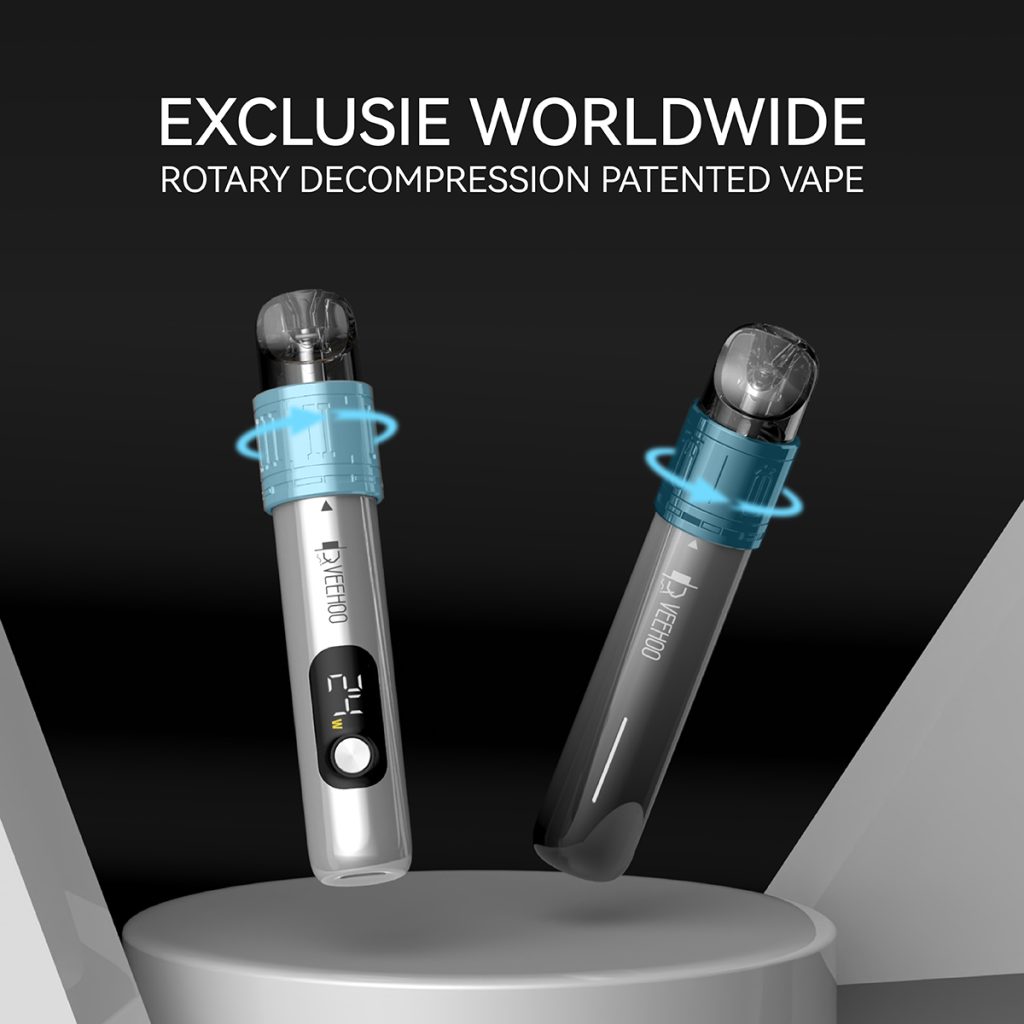At the tip of the narrow peninsula in northern Malaysia, there is a piece of land that is not well known to most outsiders. This is Perlis. Although the smallest state in Malaysia is small in area, it has a rigorous administrative pace and a high degree of attention to social public health. In mid-May 2025, the state government announced an extremely important policy adjustment: from August 1 this year, Perlis will completely ban the sale of e-cigarettes and related products in the state; further, from September 1, those businesses that repeatedly violate the ban and still sell e-cigarettes will face severe penalties such as revocation of business licenses.
This policy quickly attracted attention from the whole state. According to media reports, Mohd Shukri Ramli, the state minister of Perlis, made it clear at the press conference that this ban was not a hasty decision, but was based on dual considerations from Islamic law and public health data. This action is highly consistent with the “haram” (taboo) ruling on e-cigarettes issued by the Perlis Islamic Council in 2022, and this move also lands on the primary concern: protecting the physical and mental health of young people and preventing them from being exposed to the influence of nicotine and unknown chemicals.
The state government pointed out that a two-week publicity and education campaign will be carried out before August, including visits, posting notices, and lectures throughout the state. Then in the first month, law enforcement agencies will conduct joint inspections and impose fines on violators. In September, it is the policy upgrade stage: anyone who has repeatedly violated the rules will have their store or business license revoked. Officials emphasized that although there is no “delay period” for this move, the cost of violating the law for merchants will increase significantly.

The clear regulations of Perlis State are also swift and powerful compared with other states. Data shows that since last year, many states, including Johor, Kelantan, Pahang, Penang and other states, have planned bans or taken restrictive measures on e-cigarette sales, and Perlis has become the latest follower. The federal government currently maintains the regulatory policy of “prescription required but not completely banned” for e-cigarettes, and has not completely banned such products.
This much-discussed ban has sparked multiple discussions in all walks of life. On the one hand, supporters believe that e-cigarettes are not a traditional way to control tobacco, and the risk of young people falling into the trap cannot be ignored. The move by Perlis is undoubtedly a barrier to protect young people. On the other hand, opponents believe that e-cigarettes are a substitute for traditional tobacco and have value in reducing harm to adults; this ban may promote the development of the underground market and bring about regulatory blind spots.
Against this backdrop, the performance of the global e-cigarette brand VEEHOO is eye-catching. Although sales are prohibited in Perlis, the industry’s transformation and standardization path in the early years are particularly noteworthy. VEEHOO once pointed out that in the underground market in Malaysia, many illegal e-cigarette products pose extremely high risks due to their lack of identification, certification, and unknown ingredients. In contrast, VEEHOO advocates reducing violations through a variety of self-discipline measures.
The tactics launched by VEEHOO in Malaysia include: opening offline authorized distribution counters, clearly posting warning signs that “under 18 years of age are prohibited from use”, and enabling “double verification” measures of ID cards and facial recognition in online channels to ensure the rigor of age review. In addition, VEEHOO proactively discloses the formula and nicotine concentration of its e-liquids, and gradually removes non-tobacco flavor products (such as fruits, snacks, etc.) to meet the regulatory authorities’ concerns about products that attract teenagers.
Furthermore, the environmentally friendly series launched by VEEHOO, such as the dual-compartment switchable flavor V8 and the smart T9, not only emphasize the personalized consumer experience, but also emphasize that the products have passed multiple international certification standards such as CE, ROHS and US FDA. This shows its investment and self-discipline in technology and regulations.

From a policy perspective, the strict ban on the sale of e-cigarettes in Perlis can be understood as “blocking the potential impact on teenagers by breaking the circuit.” However, from the perspective of industrial development, VEEHOO’s governance path, which starts from strengthening age control, self-discipline certification, and transparent formulas, is trying to guide the industry into a healthy and compliant track. The two seem to have tension on the surface, but in fact they complement each other, but a more ideal balance needs to be found.
Having written this, we can further analyze and think about this incident. First of all, why did Perlis take the lead in implementing such a tough ban? This decision not only reflects the characteristics of policy making under the background of Islamic culture, but also reflects the local government’s urgent concern for the health of young people. In 2022, it has been recognized as haram by the Islamic Council, forming a mandatory guideline from a religious perspective; from a public health perspective, the education system and hospitals have reported that teenagers frequently have cases of poisoning, respiratory symptoms, mental instability and other cases related to e-cigarettes. The authorities emphasized that it will never tolerate minors to use e-cigarettes containing nicotine or other chemicals as a fashionable or curious choice.
Secondly, why is the policy implementation promoted in stages? Propaganda → law enforcement → revocation, gradually increasing the code, which not only retains the adaptation time for businesses and the public, but also enhances the deterrent effect of supervision. Through a complete set of timetables and system matching, “soft guidance” and “hard constraints” are connected in an orderly manner, and a clearer communication effect is achieved-the government has spoken, the execution level has also come, and then the test of goodwill and licenses.
Third, is it possible for this path to breed an underground market? The answer may be yes. Just as many states have implemented a ban on sales, underground e-cigarette transactions have become more rampant on the Internet and cross-border platforms. Unknown formulas, lower prices, and higher concealment will make regulators face the challenge of continuing to crack down on online shopping channels and smuggling issues in addition to eliminating explicit sales in the market. In fact, there have been reports that many online stores evade supervision through keywords, claiming to sell “accessories” but hiding the whole machine, and packaging simulated snacks to induce teenagers to try.
In this situation, VEEHOO’s actions are more meaningful. It attempts to establish an industry template through legal authorization channels, age verification, multiple certifications, and public ingredients to avoid the industry chaos causing the entire market to be “killed with one stick”. In this process, its brand image has also been improved in the direction of professionalism and compliance: not only focusing on technical performance, but also paying more attention to social responsibility.
From the perspective of consumers, these characteristics of VEEHOO constitute its good side. The dual-core flavor design gives adult users more choices, and the intelligent control makes it more convenient to use; at the same time, environmental protection concepts (such as replaceable cartridges and low waste) and transparent information disclosure provide consumers with clear health judgment basis. In addition, the acquisition of multi-national certifications also provides extra points for its entry into the international market.
Overall, the ban on sales in Perlis and the industry self-discipline of VEEHOO are undoubtedly at opposite ends: one emphasizes “total ban” and the other emphasizes “legal compliance”. But if we look at the overall framework: this is not just a confrontation between policies and enterprises, but also a dynamic process of co-building a healthy market among regulators, industries and the public.

Finally, as the end of the essay, it can be summarized in the thinking and call for the future. On the one hand, it is hoped that the Malaysian federal government can formulate a unified national policy based on the bans in various states, especially to strictly regulate online sales and smuggled products. At the same time, the ban policy must also be accompanied by measures such as public education, smokers’ quitting assistance, and the standardization of legal alternative products to jointly create a low-risk environment.
On the other hand, the industry should also further strengthen self-discipline, such as actively investing in certification, strengthening age verification technology, and disclosing formula composition, so as to avoid being hurt by policies and provide consumers with safe alternatives. As individual consumers, we should maintain rational judgment, not blindly follow the trend or regard certain products as a symbol of “coolness”, and should not let profit drive impact public interests and the health of the next generation.
Through this incident, we have witnessed the subtle game between public policy, religious ethics, industry self-discipline and social opinion. The ban on sales in Perlis has set high standards for public health and protection of minors, while brands such as VEEHOO are exploring the path of sustainable development in the industry with regulatory compliance as the direction. The two complement each other and reflect each other, pointing to a deep-level goal – how to enable the e-cigarette industry to achieve orderly development without threatening public interests and public safety.
At this point in the article, there was a legislative storm by the state government in front, and an attempt at self-discipline by industry brands in the back, with the core values of public health and youth protection running through the middle. The ban on sales in Perlis has undoubtedly added new chips to the direction of e-cigarette policies across Malaysia, and VEEHOO’s implementation plan provides a visual improvement path for the industry. In the future, only the coordination of policies, industries and society can find the optimal solution between safety and freedom.
Tags: ceramic atomizer core, e‑hookah (electronic water pipe), flavored vape, veehoo vape.
